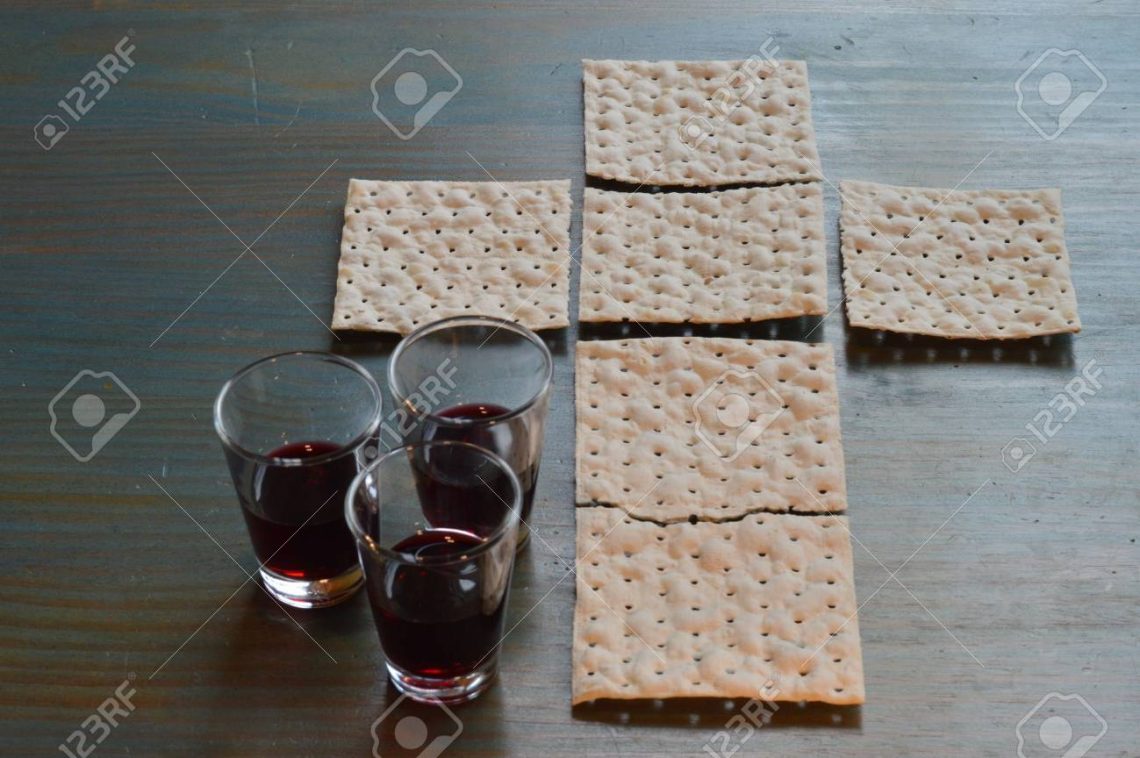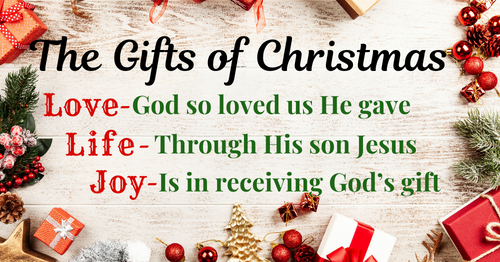
Passover for Christians?
“Wait. Why should I care about Passover? I’m a Christian. Isn’t that a Jewish thing?”
I have frequently heard this response when sharing about “Passover for Christians”. Yes, Passover is a “Jewish thing”, but its also a “Christian thing”! The two are closely related. Jesus celebrated Passover all of His life, including the night before He was crucified. At that meal (Matthew 26:17-30), Jesus instituted the “Lord’s Supper” (Communion), which is one of the two ordinances we observe. By understanding the Passover story, our understanding of the Lord’s Supper is greatly enhanced.
Exodus 12 recounts the dramatic story of the Israelites and their deliverance from Egyptian slavery. In order to convince Pharaoh to let His people go, God sent ten plagues on Egypt, the last being the death angel who would “pass over” every home, where every firstborn child would die. The Israelites would avoid this judgment, if they obeyed HIm. God instructed them to slaughter a lamb, smear its blood over the door posts of their homes, and prepare to quickly leave Egypt. They obeyed, their children were spared and they left slavery behind, journeying on to the Promised Land. From that point on God instructed them to observe Passover every year as a reminder of His deliverance, and so they have. Passover (aka The Feast of Unleavened Bread) became a major Jewish holiday occurring in the spring of every year, usually coinciding with Easter.
For believers, this story has a Christological meaning, pointing to the coming Messiah. The foods of Passover have symbolic meaning for our Jewish friends – the matzah is the unleavened bread that had to quickly be baked before leaving Egypt. The lamb shank bone represents the slaughter of the lambs and the wine represents the blood spread over the doorposts of each home. As believers, we see these metaphors as hallmarks of our faith. The lamb is Christ, our sacrifice; his shed blood is the wine, the unleavened bread represents His body. Each food of the Passover has a symbolic meaning, especially as we look at the meal through the lens of Christianity.
Here is where we “connect the dots.” Passover is not an isolated story. It is an account of God’s redemption, which is the meta-narrative, or big story, of the Bible. In the Passover, we have the past (the Old Testament) and Jesus’ institution of the Lords Supper (the New Testament). But wait – there’s more! We also have the future, as pictured in Rev 19:6-9, the Marriage Supper of the Lamb. At that feast, all of God’s redeemed will be gathered in celebration of His final appearing. In this Story, we celebrate the past and look to His future promise.
But what does this mean to me, you ask. Consider this: Christians celebrate two major events on the church calendar – Christmas and Easter. Christmas observances are well established traditions in our homes and churches. But not so with Holy Week and Easter. How do we celebrate that season, besides maybe attending a Good Friday service, or an Easter egg hunt with the obligatory ham dinner? Participating in a Passover meal (seder), from a Christian perspective, provides the perfect opportunity for believers to tell the story of Jesus in a fresh and creative way. By celebrating Passover during Holy Week, we prepare ourselves spiritually for Resurrection Sunday. We “step into HIs story” of redemption, eating the same foods as Jesus ate at His final Passover, reading the scriptures He read and understanding the rich symbolic meanings. It is time we, as followers of Christ, recapture the wonder and rich tradition of the Holy Week and Easter season.
In 1978 we moved from a small Oklahoma town to a new pastorate in Ft. Lauderdale, Florida, which has a very large Jewish population. It was quite a cultural adjustment! We soon met a group of “Messianic Jews”, who were believers in Christ, but remained in their Jewish culture regarding their feasts, traditions, etc. These new friends introduced us to the Passover from a Christian perspective and we were captured by its beauty and mystery. Many years later, after moving to Dallas, Texas, I met up with my friend Melanie Leach, who was already holding Passover meals in her home during Holy Week. Through our collaboration, we launched “Passover for Christians,” co-authoring Passover for Christians: Creating a New Easter Tradition and teaching workshops, seminars, and seder presentations to anyone interested. We have done Passovers for children’s ministries, women’s bible studies, Christian schools and other venues. But our very favorite Passover celebrations are the ones we hold in our own homes and around our own table.
The Passover meal is both a ceremonial meal and a normal meal. All of the participants take turns reading or telling Bible stories and reading various scriptures, psalms, prayers – all from a “Seder Guide”. Its not meant to be a stiff, formal meal, but one where children take part and there is conversation. For adults, it is a perfect time to share spiritual stories and experiences that have shaped us. We have had a seder every year in our home since our grandkids were little. Yes, they wiggle, pronounce the food “gross,” interrupt and do everything kids do! But that’s part of the charm – its a family celebration. At a seder, the ceremonial foods are served for each person to taste – the matzah crackers, horseradish, haroset (apples and cinnamon), a green vegetable and salt water. Each food has a meaning and is explained. Obviously this kind of “meal” is not meant to satisfy hunger, but a illustrate a spiritual truth. After the ceremonial meal, we serve a regular dinner. Melanie is a foodie and goes all out with Mediterranean dishes and foods that fit the theme of the night. The Hawkins are happy with chicken fajitas! Either way, we say “Make it your own!” Serve a meal that your family or guests enjoy and use the time to talk about the significance of our faith.
So why should Christians care about Passover? Because by observing this meal during Holy Week, we “step into His story” and follow Christs example the night before He went to the cross. And believe me, once you do this, Easter will never be the same.
You can find resources, recipes and free downloads on the Passover seder at www.passoverforchristians.com.




